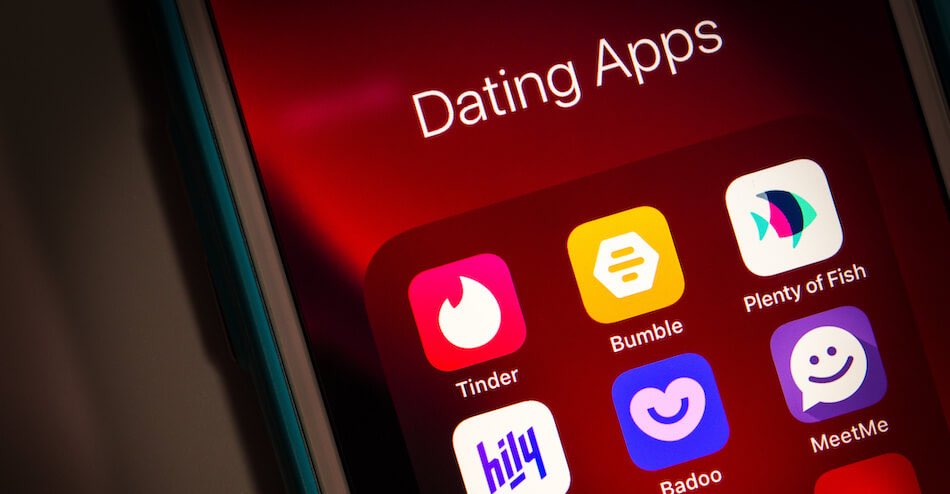
A recent analysis by Mozilla found that dating apps have been shown to perform even worse in terms of privacy compared to a previous review in 2021.
The researchers' findings reveal a concerning trend of inadequate data protection and a high potential for personal information misuse.
The analysis conducted by Jen Caltrider, Misha Rykov, and Zoë MacDonald revisited 25 dating apps, with 22 of them failing to meet essential privacy standards. This indicates a significant degradation in privacy practices over the past few years.
Dating apps such as Tinder and OkCupid encourage users to share extensive personal details, from demographic data to sensitive information like sexual experiences and HIV status. The intrusive nature of data collection is amplified by claims that increased sharing boosts the likelihood of finding a compatible match, although this has not been definitively proven.
Key study findings
The team found that the majority of dating apps (80%) might sell or share personal information for advertising purposes. Additionally, a startling 52% of these apps did not meet the minimum security standards expected, leading to numerous data breaches. In one severe instance, Grindr's location data was misused, ending up with data brokers and causing significant privacy violations.
A critical aspect of the research was the focus on the increasing integration of artificial intelligence (AI) in dating apps. While some uses may seem beneficial, such as Bumble's Deception Detector, others pose serious risks to privacy due to the potential for discriminatory practices and unnecessary data collection. For instance, Match Group's involvement with ChatGPT and other AI projects has raised red flags about the handling and protection of user data.
About half of the dating apps are owned by just two companies: Match Group and Spark Network. This consolidation could lead to broader data sharing across multiple platforms without users' explicit consent. Match Group has also faced lawsuits alleging deceptive practices prioritizing profit over user privacy and service quality.
How to protect yourself
Given these findings, the researchers advise users to treat their dating profiles with caution, akin to a LinkedIn profile, suggesting:
- Avoiding linkage with social media accounts to prevent broader data sharing.
- Limiting app permissions on devices to reduce data exposure.
- Reading app reviews and privacy policies to understand specific privacy risks associated with each platform.
As the landscape of digital dating evolves, so too does the importance of stringent privacy protections. Users are encouraged to stay informed and exercise caution, considering not just the potential connections they might make but also the privacy they may compromise.
The investigation underscores a critical need for more robust privacy standards and better practices in the dating app industry.






“How to protect yourself”
– Delete your accounts
Seriously, no one needs an app to date someone.
Oftentimes the simplest solution is the best 👍